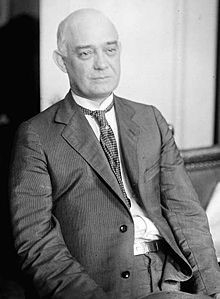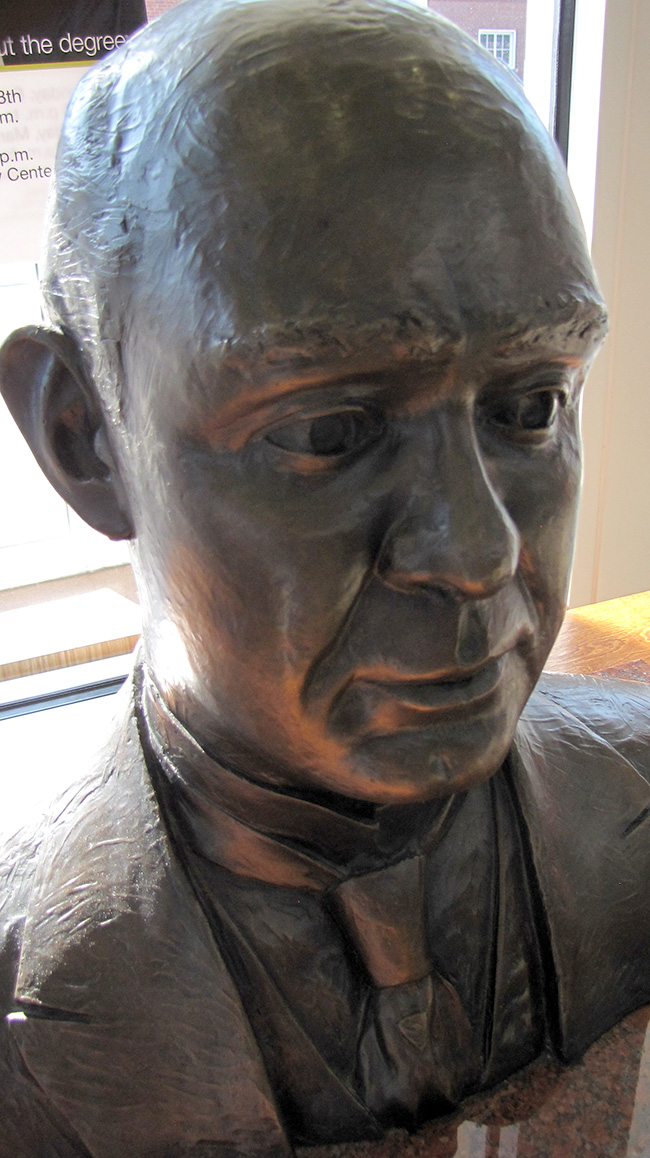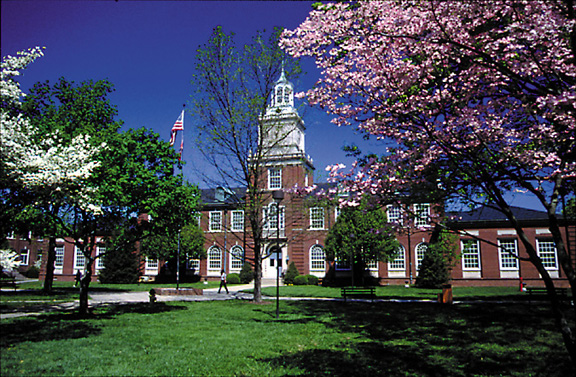Austin Peay
 Tennessee Governor
Tennessee Governor
1876-1927
by: Arian Finley
Austin Peay, born in 1876, was the son of a Confederate Cavalryman in Hopkinsville, Kentucky. He briefly attended Washington and Lee in Virginia, soon transferring to Centre College in Danville, Kentucky, before being admitted to the bar in Hopkinsville. At the young age of 19, he married Sally Hurst and moved to her hometown of Clarksville, Tennessee, establishing a practice. Peay spent some time working at his practice, before being elected to Tennessee’s House of Representatives in 1901, serving two terms and becoming chairman of the Democratic state executive committee.
In 1908, Peay returned to his practice, until 1922. In 1918, Peay would run for governor and lose, refusing to even run in the following electoral year. It wasn’t until 1922 that he had a successful run, with Tennessee being in a terrible place economically. Austin Peay’s election broke records. He wanted to implement modern change, and Tennesseans admired his ability to plan and follow through. Peay worked to fix Tennessee’s economy through proper budgeting, and eliminating or consolidating unnecessary positions. He instilled new tax systems that lessened taxed on landowners and started taxing businesses.

Greatly addressing Tennessee’s debt problems, Peay was easily reelected in 1924. This time, his goal was to fix Tennessee’s highway system. The road system at the time was led primarily by three men who abused it by only creating new roads that would benefit them. As such, despite the rise of vehicles, Tennessee could not support the innovation very well. Peay implemented new taxes on vehicle registrations and gas in order to fund road mileage, which increased from 244 to over 4000 miles. This would also son pave the way for tourism in Tennessee.
During his second election, Peay also made fixing education a priority in a state where education was falling behind. He passed a tobacco tax that would go directly towards education in Tennessee. With the tobacco tax, Peay was able to extend the school year to last a minimum of eight months. He funded every county to build elementary schools and standardized teacher licensing. Austin Peay also reluctantly passed a bill that outlawed teaching evolution in favor of teaching creationism, which lead to the famous John T. Scopes Trial, also known as the Scopes Monkey Trial, meant to draw attention to Dayton, Tennessee.
Again, in 1926, Peay won the governorship for the third time. This time, he aimed to support funds towards the Great Smoky Mountains National Park. Before the end of his term, however, in 1927, Peay suddenly died from a cerebral hemorrhage, in Nashville, Tennessee. He is buried in the Greenwood Cemetery in Clarksville, Tennessee.
Austin Peay State University had been renamed in his honor in 1929.



